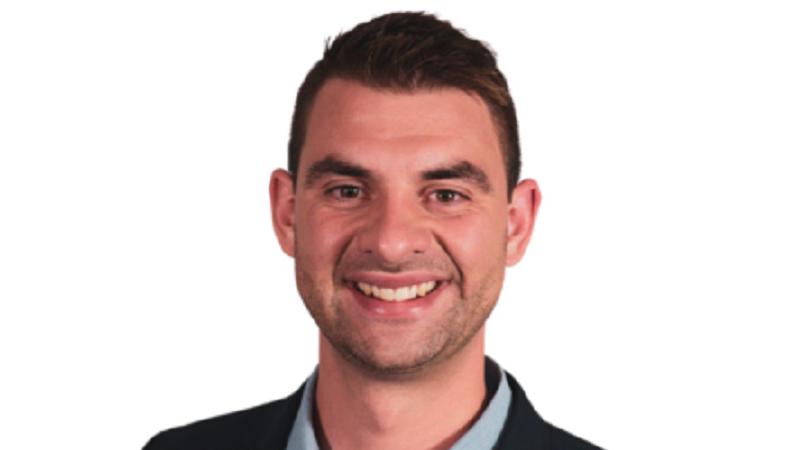
Premier Smith issues mandate letter for Minister of Mental Health and Addiction
Premier Danielle Smith has issued a mandate letter to Minister of Mental Health and Addiction Dan Williams calling on him to address the mental health and addiction crisis.
In her letter, government officials say the Premier outlines her expectation for implementing the “Alberta Model,” which is designed to support those pursuing recovery from the deadly disease of addiction. Officials say she lays out her desire for this to be done at an accelerated pace and asks Minister Williams to deliver on platform commitments to support Albertans, including:
- Investing at least $20 million per year to expand mental health classrooms from 20 to 60.
- Expanding Integrated School Support Programs to an additional 22 high-needs schools through an investment of at least $4.5 million per year.
- Increasing support for addiction and mental health prevention by expanding resiliency education in schools.
- Providing an annual investment of at least $5 million with First Nations and Métis school communities across Alberta to amplify the voice of youth and create opportunities for educators, Elders, parents, coaches and community members to develop their own strategies to enhance student wellness.
- Working collaboratively with community and government partners to develop compassionate intervention legislation, supporting facilities and legal processes to save the lives of those who are a danger to themselves or others.
- Implementing recovery community centres for youth in major centres throughout the province.
- Building and operationalizing at least 11 new recovery communities in key locations throughout the province, working collaboratively with the Ministry of Infrastructure, First Nations and Métis communities.
- Developing at least five new 75-plus bed mental wellness centres for short- and long-term treatment and recovery.
- Expanding Counselling Alberta to provide same-day, no wait list, accessible and affordable counselling sessions for all Albertans by investing at least $4 million per year.
- As the lead, and in collaboration with the Ministers of Education and Children and Family Services, expanding access to young people struggling with severe mental illness with at least four new youth mental wellness centres to provide inpatient mental health and addiction treatment to youth. The government says this should include expansion of prevention and early intervention mental health supports for children and youth that are integrated within schools and communities.
- As lead, working in partnership with the Minister of Indigenous Relations, to support Indigenous peoples in Alberta by strengthening a comprehensive continuum of mental health and addiction services, ensuring service provision is not disrupted by jurisdictional disputes.
The Premier also tasks Minister Williams with:


